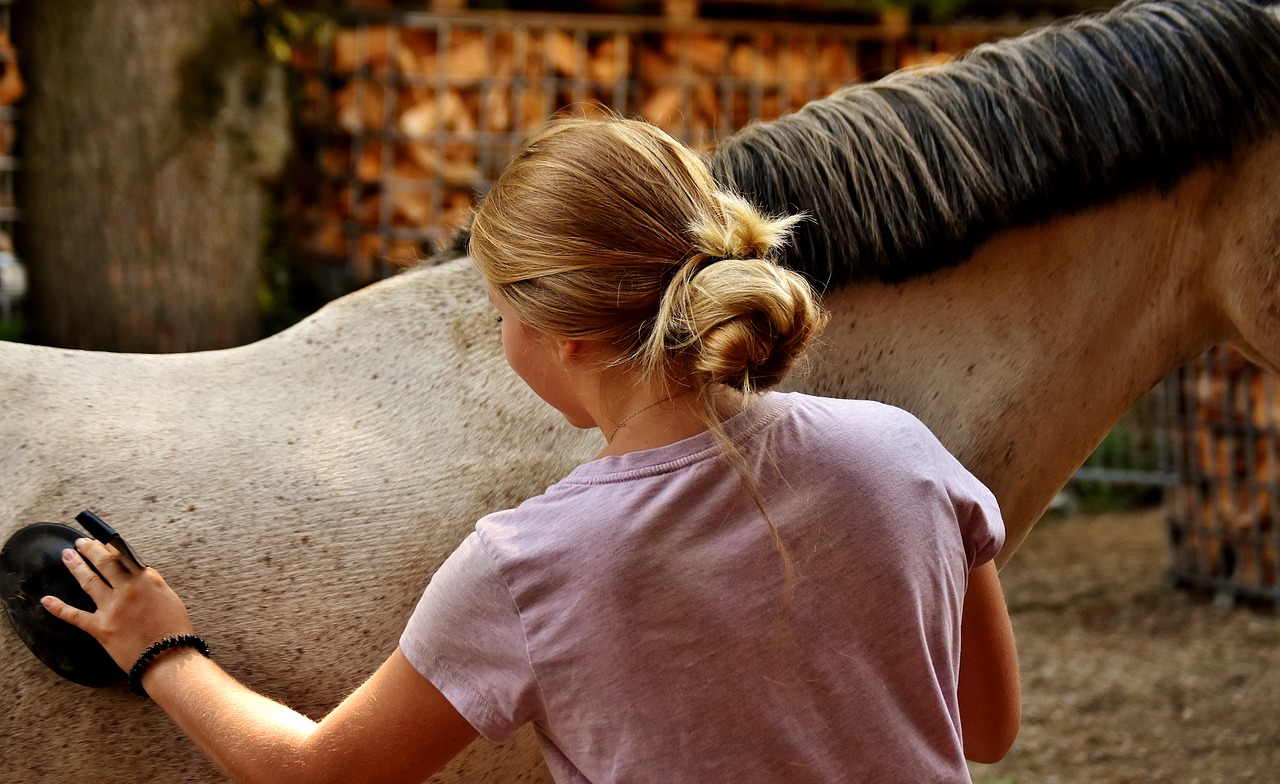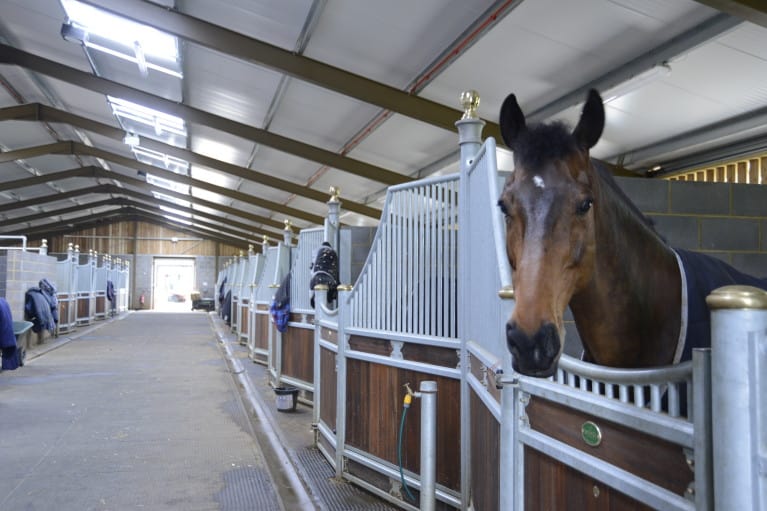The companionship needs of senior horses are as unique and diverse as the horses themselves. Understanding these needs is crucial for providing the best care possible to our equine friends. As horses age, they require a different approach in terms of companionship, activity, and overall care. For equestrian enthusiasts, meeting these needs is not just about maintaining the horse’s health but also about enriching their quality of life.
The senior horse companionship needs include considerations for their physical, emotional, and social well-being. Just like humans, horses experience changes as they age, and these changes can significantly affect their needs in terms of companionship. By understanding these needs, horse owners can ensure their senior horses remain happy and healthy throughout their later years.

Understanding the Aging Process in Horses
As horses age, they undergo several physiological changes that affect their behavior and needs. These changes can include alterations in metabolism, decreased energy levels, and an increased susceptibility to diseases. Understanding these changes is vital for providing the appropriate care.
The Impact of Aging on Physical Health
With age, horses often face challenges like arthritis, dental issues, and decreased digestive efficiency. It’s essential to monitor these aspects closely and adapt their care routine accordingly. Regular veterinary check-ups can help in identifying and managing these issues effectively. For more detailed guidance, check out this annual checkup guide.
Emotional and Social Needs of Senior Horses
Horses are inherently social animals, and their need for companionship doesn’t diminish with age. In fact, ensuring that they have the right social environment can significantly enhance their quality of life. This includes spending time with other horses and interacting with human caretakers.
Providing the Right Environment
Creating a conducive environment for senior horses involves ensuring they have adequate space, appropriate shelter, and safe surroundings. This environment should cater to their physical limitations and enhance their comfort.
Choosing the Best Bedding
Choosing the right bedding is crucial for the comfort and health of senior horses. Soft, absorbent bedding can help prevent the development of sores and manage joint pain. For more options, explore this bedding guide.
Ensuring Social Interaction
Facilitating interaction with other horses can help meet the social needs of senior horses. Whether through grazing, grooming, or simply being in the same vicinity, these interactions can have a profound impact on their mental well-being.
Balancing Activity and Rest
For senior horses, balancing between activity and rest is essential. While they may not have the same energy levels as younger horses, regular activity is still necessary to keep them healthy.
Appropriate Exercise Routines
Developing a moderate exercise routine that suits their physical capabilities is vital. This can include light riding, walking, or specific stretching routines. Learn more about suitable exercises in this exercise guide.
Importance of Rest
Equally important is ensuring that senior horses get adequate rest. Providing a quiet, comfortable space where they can relax without disturbances is crucial for their overall health.
Nutrition and Dietary Considerations
As horses age, their dietary needs change. It’s important to tailor their diet to support their health and address any age-related issues.
Digestive Support
Older horses often benefit from a diet that supports digestion. This can include easily digestible feeds and supplements that promote gut health. For more tips on digestive care, visit this digestive support guide.
Essential Nutrients
Providing a balanced diet rich in essential nutrients is vital for maintaining their health. This includes ensuring they receive enough vitamins, minerals, and energy to support their daily activities.
Monitoring Health and Well-being
Regular monitoring of a senior horse’s health is crucial. This involves keeping track of their weight, coat condition, and overall behavior to identify any signs of distress or illness early.
Recognizing Signs of Distress
Being vigilant about changes in behavior or physical condition can help in early detection of health issues. Sudden changes should be addressed promptly with professional advice.
Regular Vet Check-ups
Regular veterinary check-ups are essential for maintaining the health of senior horses. These check-ups can help in managing existing conditions and preventing new ones. For more information on caring for senior horses, check this external guide.
Conclusion
Understanding and meeting the senior horse companionship needs is a rewarding endeavor. By providing the right environment, diet, social interaction, and health care, horse owners can ensure their senior horses enjoy their golden years in comfort and happiness.

FAQ
How can I tell if my senior horse is happy?
Look for signs like a healthy appetite, regular social interaction, and a shiny coat. These are indicators of a content and well-cared-for horse.
What are the best activities for senior horses?
Light riding, walking, and specific stretching routines can be beneficial. It’s important to tailor activities to their physical capabilities.
How often should I take my senior horse to the vet?
Regular check-ups, at least twice a year, are recommended to monitor their health and address any issues promptly.
This article contains affiliate links. We may earn a commission at no extra cost to you.
